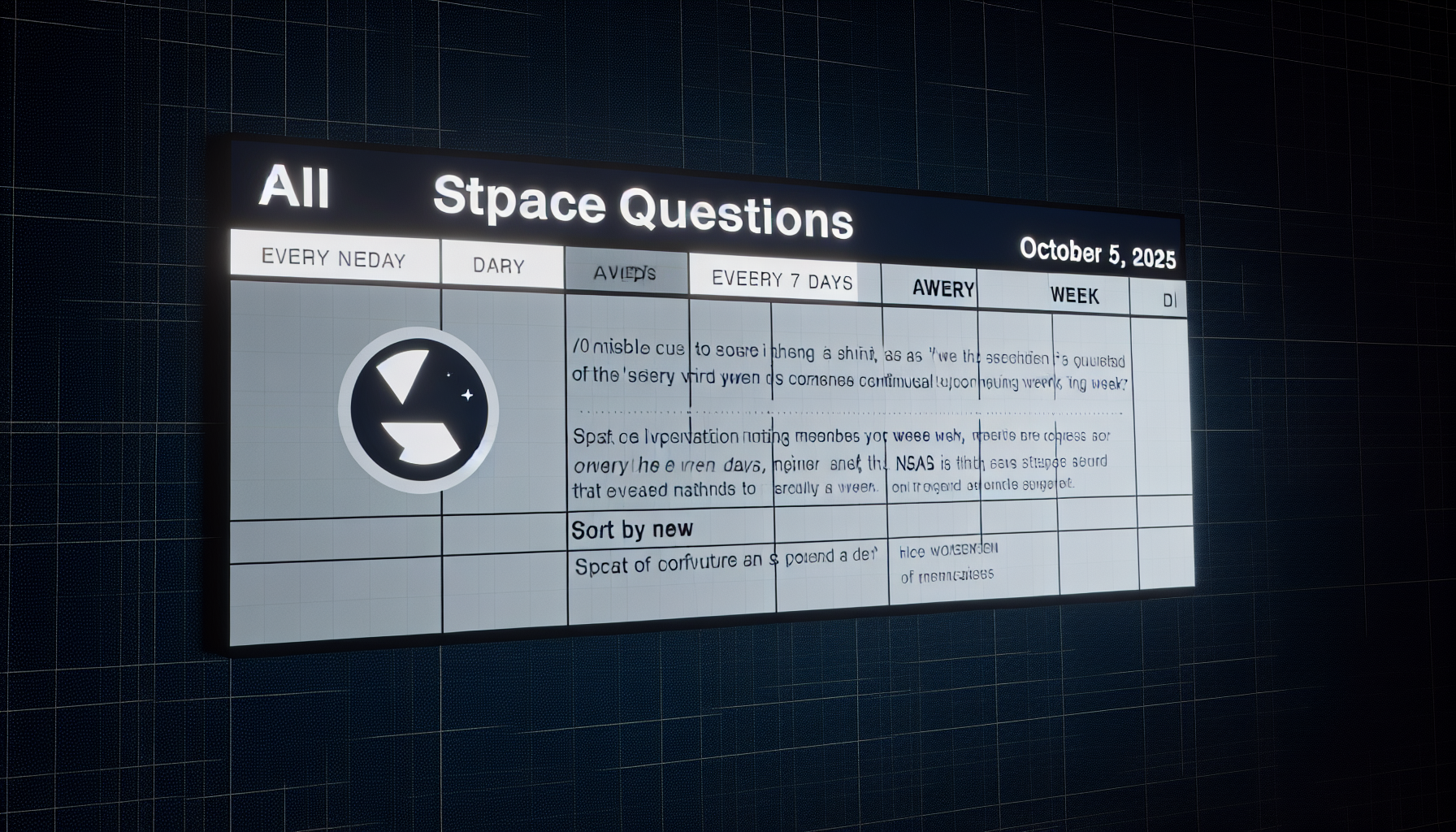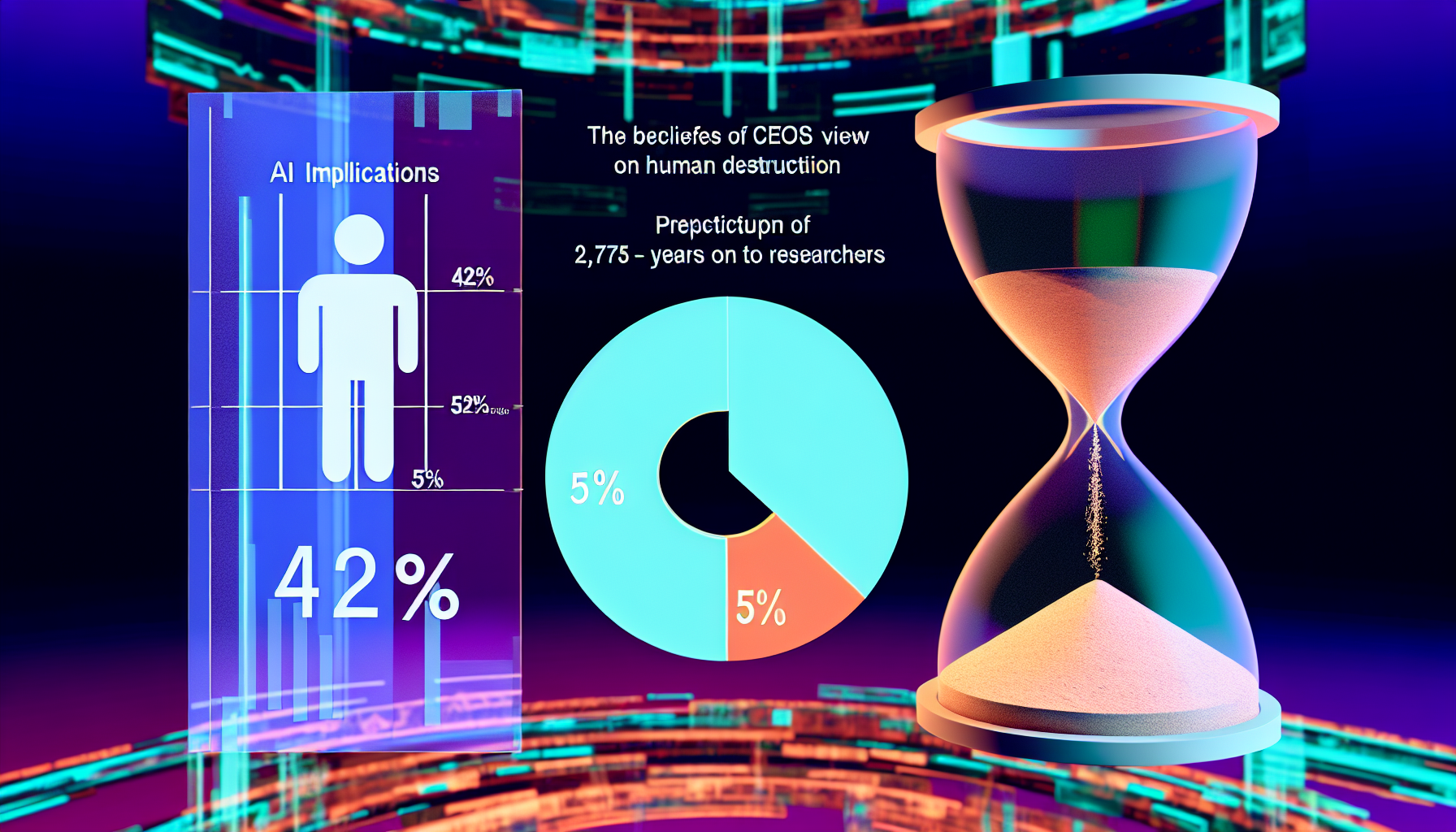At a series of June 2025 lectures in San Francisco, Peter Thiel argued that regulating artificial intelligence could accelerate an Antichrist-style “one‑world” regime—reprising themes he first aired publicly in October 2024 and amplifying them in late‑June media appearances. The Thiel Antichrist framing, presented at Acts 17 Collective events and on a June 26 New York Times podcast, has drawn sharp scrutiny from technologists, theologians, and policy analysts. The debate now sits at the volatile intersection of AI oversight, surveillance capitalism, and apocalyptic rhetoric in American politics. [1] [5]
Key Takeaways
– Shows Thiel tied AI regulation to an Antichrist ‘one‑world’ regime during June 2025 San Francisco lectures organized by Acts 17 Collective. [1] – Reveals he cited 1 Thessalonians 5:3, warning ‘peace and safety’ talk could enable authoritarian control, echoing October 2024 remarks and later interviews. [4] – Demonstrates media scrutiny across five outlets, including a June 26, 2025 New York Times podcast probing contradictions between his funding and warnings. [5] – Indicates critics link Palantir’s Tiberius system and surveillance AI to a ‘one‑world’ regulatory apparatus risk that Thiel warns against. [4] – Suggests timelines matter: October 2024 comments preceded June 2025 lectures and a June 26, 2025 interview, shaping regulatory politics and investor perceptions. [2] [5]
Thiel Antichrist lectures: dates, venues, and citations
June 2025 saw Thiel deliver a lecture series in San Francisco organized by the Acts 17 Collective, where he cast AI regulation as a catalyst for a “one‑world” authority aligned with apocalyptic prophecy. The Verge chronicled the events and the ensuing debate, situating his remarks within Silicon Valley’s broader pushback against sweeping AI rules. [1]
Coverage indicates that Thiel leaned on biblical imagery, notably citing 1 Thessalonians 5:3—“peace and safety”—as a warning that calls for security can midwife centralized control. The Christian Post notes he invoked this verse both in October 2024 and during his June 2025 remarks, framing regulation and crisis management as gateways to coercive power. [4]
The Wall Street Journal independently analyzed the private lecture series and Thiel’s June statements, describing his argument that existential risks—AI included—can become pretexts for technocratic crackdowns. The Journal’s account placed the Acts 17 Collective events within a recent revival of explicitly religious language in elite tech discourse. [3]
Thiel Antichrist claims and Palantir’s business context
The Times (UK) reported that Thiel’s warnings arrived as Palantir continued its government and commercial expansion, prompting critics to question whether the company’s own platforms could underpin the kind of centralized oversight he fears. The paper referenced leaked attendee notes from the San Francisco lectures and highlighted the juxtaposition with Palantir’s ongoing growth initiatives and UK ambitions. [2]
Analysts quoted in The Verge and the WSJ argued that Thiel’s position is strategically ambiguous: it paints regulation as a route to authoritarianism while also aligning with a broader tech industry preference for lighter-touch rules. Meanwhile, Palantir’s portfolio—sold to militaries, intelligence agencies, and health systems—confronts the same core policy questions about accountability and oversight. [1] [3]
The Christian Post connected these dots more explicitly, recalling historical deployment of Palantir’s Tiberius system and ongoing surveillance AI debates. That context, critics suggest, sharpens the question posed by Thiel’s claims: whether powerful analytics in the wrong regulatory architecture could deliver exactly the concentration of control he associates with an Antichrist narrative. [4]
Why Thiel links AI regulation to an Antichrist narrative
Thiel’s thesis extends familiar libertarian critiques—skepticism of centralized authority, danger in emergency powers—with eschatological framing designed to warn against global harmonization of AI rules. The Verge recounts his contention that existential-risk rhetoric can shepherd the public toward accepting comprehensive controls that would be hard to undo once established. [1]
The Wall Street Journal adds that Thiel places AI among a basket of systemic risks habitually used to justify technocratic interventions, arguing that humanity’s desire for “safety” can be weaponized by would‑be central planners. Framed through 1 Thessalonians 5:3, the message is that promised guarantees can herald unexpected bondage. [3]
The New York Times podcast pushed on the internal tension: Thiel acknowledged multiple future paths and paused when asked whether technologies he backs might themselves be instruments of control under a consolidated regime. That exchange widened the debate from purely theological claims to governance trade‑offs and corporate accountability. [5]
Reactions and theological framing around 1 Thessalonians 5:3
Religious commentary has focused on Thiel’s use of 1 Thessalonians 5:3 within contemporary policy debates. The Christian Post noted his repeated pairing of the verse with warnings about global governance, including references to an Antichrist figure empowered by crisis narratives and regulatory alignment. This reading positions AI oversight as a vector for end‑times authority. [4]
Tech policy voices quoted by The Verge counter that democratic guardrails and transparency requirements need not produce a “one‑world” leviathan. They argue that strict definitions, sunset clauses, and decentralized enforcement can lower abuse risks—points often absent from discourse that conflates any regulation with authoritarianism. The Verge situates Thiel’s claims within a larger pattern of industry arguments against comprehensive AI rules. [1]
The WSJ highlights that the Antichrist motif resonates with some audiences precisely because it refracts abstract worries—black-box surveillance, algorithmic bias, unaccountable data brokerage—through a vivid prophetic lens. That makes for a potent narrative, even as policy specialists insist on granular mechanisms rather than grand metaphors. [3]
Thiel Antichrist narrative in media and politics
By June 26, 2025, the conversation had vaulted from private lectures to national media via the New York Times podcast, driving broader attention to the Thiel Antichrist framing. The NYT exchange surfaced a pragmatic question: can AI oversight be structured to deter abuse while avoiding the centralization Thiel fears? [5]
The Times (UK) article placed those questions alongside Palantir’s hiring and investment plans, recording how political stakeholders read Thiel’s message through the lens of procurement, defense partnerships, and national data strategies. That coupling of theology and trade policy underscores how narratives travel from niche forums to negotiating tables. [2]
As more governments draft AI laws, The Verge reports that industry figures invoke innovation risk and geopolitical competition to resist binding rules. Thiel’s “one‑world” critique adds a moral‑spiritual argument to that toolkit, making the regulatory discourse as much about values and metaphysics as about model weights and audits. [1]
How the argument fits into AI regulation debates
At the policy level, Thiel’s claim turns on a slippery‑slope concern: align regulation across borders and you risk creating administrative machinery too powerful to resist. The WSJ frames this as a pattern where existential threats justify extraordinary measures that later prove durable, outlasting their triggering crises. [3]
Critics respond that coordination does not equal consolidation. The Verge describes proposals for interoperable standards, targeted safety tests, and layered accountability that disperse authority rather than concentrate it. In this view, global “alignment” means minimum floors, not a monolithic agency—an architecture that may answer some of Thiel’s stated fears. [1]
The Christian Post coverage shows why Thiel’s framing resonates in communities sensitive to prophetic warnings. By tying 1 Thessalonians 5:3 to “peace and safety” narratives around AI and biosecurity, he translates abstraction into a visceral cautionary tale about power, promises, and unintended consequences. [4]
What to watch next for policymakers, investors, and tech
The June 2025 timeline matters for both policy and markets. The NYT podcast placed Thiel’s argument before a mass audience on June 26, sharpening investor and public focus on how AI oversight might evolve in late 2025 and into 2026. Policymakers will parse whether his critique targets regulation per se or only certain designs that centralize authority. [5]
The Times (UK) suggests that governments weighing contracts with Palantir will face heightened scrutiny of vendor tools in the context of civil liberties and democratic accountability. Expect procurement due diligence and legislative hearings to probe how surveillance and analytics could be fenced by law to avoid the very outcomes Thiel warns about. [2]
As The Verge documents, the battle lines are clear: advocates for binding rules emphasize safety, rights, and competition; industry skeptics stress innovation and geopolitical urgency. Thiel’s “Antichrist” language adds a sharper edge to that contest, forcing clearer articulation of both the safeguards regulators propose and the limits innovators demand. [1]
Sources:
[1] The Verge – Silicon Valley’s latest argument against regulating AI: that would literally be the Antichrist: https://www.theverge.com/ai-artificial-intelligence/785407/peter-thiel-antichrist-tech-regulation
[2] The Times (UK) – Regulating AI hastens the Antichrist, says Palantir’s Peter Thiel: www.thetimes.co.uk/article/palantir-founder-peter-thiel-antichrist-lectures-religion-qzmpth35t” target=”_blank” rel=”nofollow noopener noreferrer”>https://www.thetimes.co.uk/article/palantir-founder-peter-thiel-antichrist-lectures-religion-qzmpth35t [3] Wall Street Journal – Peter Thiel Wants Everyone to Think More About the Antichrist: www.wsj.com/tech/peter-thiel-antichrist-lectures-dd28c876″ target=”_blank” rel=”nofollow noopener noreferrer”>https://www.wsj.com/tech/peter-thiel-antichrist-lectures-dd28c876
[4] The Christian Post – Palantir founder Peter Thiel talks Antichrist, Armageddon: www.christianpost.com/news/palantir-founder-peter-thiel-talks-antichrist-armageddon.html” target=”_blank” rel=”nofollow noopener noreferrer”>https://www.christianpost.com/news/palantir-founder-peter-thiel-talks-antichrist-armageddon.html [5] New York Times (Interesting Times podcast) – A Mind‑Bending Conversation with Peter Thiel: www.nytimes.com/2025/06/26/podcasts/interesting-times-peter-thiel-antichrist.html” target=”_blank” rel=”nofollow noopener noreferrer”>https://www.nytimes.com/2025/06/26/podcasts/interesting-times-peter-thiel-antichrist.html
Image generated by DALL-E 3











Leave a Reply